And Allah Guides whom He wills to a straight path.
Surah Al-Baqarah/ Ayah213

Destination Unknown
Reverting back to Islam can be an incredibly challenging time for many. Suddenly we are faced with this overwhelming feeling that everything that we were once taught, everything that we grew up believing to be true, may in fact not be. As warm and welcoming as the feeling of coming to Allah subhanahu wa ta ala may be, we also may begin to feel lost, confused, afraid, and very alone. Along with these feelings comes a great deal of insecurity and doubt. It feels like there is no end to the many questions that are now running through our minds. Then the intense fear of how and where we will find the answers begins. Where do we go from here?
The Journey Begins
So now that we have found ourselves embarking on this beautiful journey, how and where do we begin to find the much needed support and sense of security that we need to help us along? A little reassurance if you will. Naturally we will first look towards our brothers and sisters in Islam. Maybe in our local, mosque or community in general. That too however can be a little intimidating. Nevertheless, we look towards those who we assume will have the answers to our many questions. Whether because they were raised in the faith, or because they have traveled down this road before. We hope that they will be able to help guide us and put us on the right path. Once we have made these connections, we tend to solely rely on those individuals to navigate us, sort of acting as our GPS. We think that because they have been down this road before, they can provide us with the resources that we need. Although there are plenty of resources such as books, articles, websites, and videos to help guide us, it is very comforting having someone by our side who can provide not only guidance, but also something that no text can provide, companionship. Remember, many reverts are feeling isolated right now. Most of our families have pulled away because they don’t approve nor do they understand the change we’ve made. Still it is important that we remember that although our newfound friendships bring us connections that we’ve been missing, we must remind ourselves that they are still human just like us. Maybe they too are struggling in their own way. Perhaps they are still working on their journey and struggling along the way. Maybe they have been misguided. Oftentimes we will say it’s okay and look past all of that. They are human and are not perfect, and besides, it beats the feeling of being alone. The feeling of isolation that many reverts feel can be overwhelming. Therefore having someone to hold our hand as we venture off into this new and unknown territory feels a lot safer than walking alone. We may not even think about, much less prepare ourselves for any potential bumps in the road that may lie ahead.
Bumps in the Road
As with any journey, it is inevitable that we will hit some bumps along the way. Still, now with our new friends, not realizing if those friends will prove to be beneficial to us or not, we press down on the gas pedal and are ready to go. We remind ourselves that we are not alone. Our passengers will tell us when to turn around, stop, make a left or right, or just keep going. So what happens when our support system needs support? We have been counting on them to carry us through and now they are struggling. Here come those overwhelming feelings of doubt and frustration again. It is important to remember that our journey will not be filled with rainbows and butterflies. We may in fact face some of our most difficult challenges during this time. Events that may make us question the decision that we have just made. During my own personal journey I experienced some of the most difficult challenges of my life. I was very blessed to have a few amazing passengers with me on my journey. One being our very own Sister Leila. She gave me some of the most comforting advice early on. Words that still play in my head till this day. She said, “ Allah tests those that He loves the most.” The challenges that we face are tests from Him. We must also remember that He will not give us more than we can handle.
“Allah does not burden a soul beyond that it can bear” [ Quran 2:286]
We need to remember that even if we have the best of guides leading the way, there is only one who is truly in control. Only He can provide the perfect map for us. Allah subhanahu wa ta ala will never misguide us. He will provide us with the most accurate map of where to go and how to ultimately arrive at our final destination. He knows our journey from beginning to end and is fully equipped to provide us with any help needed along the way. We just need to listen to and trust Him.
Road Blocks
Throughout our journey we may come across some roadblocks. Some that may cause us to come to a grinding halt. Things that we had once gone through before, would be a little easier because of the love and support that we were getting from our friends and family. The very people that we once turned to were no longer there. For example, the loss of a job, or a loved one, or any unfortunate experience that we were not necessarily prepared for, may take place. Not only do we have little support, but we begin to ask, “ why is this happening to me?” Of course we know that this is a test and it is a part of life. Reminding ourselves that Allah tests those that He loves the most. But is that enough to give us the comfort and reassurance that we want and need to move forward?
Trials and Tribulations
So how do we get through those trials and tribulations? Who or what can help push us through and provide that comfort and support that we need? Old friends have turned their backs on us. New friends are doing all that they can. So who or what is left? Here we are feeling all alone again. The answer? Allah subhanahu wa ta ala. The only love, comfort, support, that we will eventually learn will ever need. Through His messenger our beloved Prophet Muhammad we are able to find very clear instructions to not only guide us where we need to be, but also how to cope with any and every situation in life.
Fact vs. Fiction
Another roadblock that we may encounter is finding sources that are reliable and ones that will be beneficial to our growth. With so much information out there, we need to be sure that what we are using as a tool to guide us, is one that is reliable and good. Unfortunately we live in a time where many individuals have twisted and distorted the words of our beautiful religion. Therefore it is imperative that we be able to differentiate fact from fiction. So what are some ways that we can be sure what we are reading or listening to is fact? We need to be sure that we follow those who can inform and not misguide us.
Crossroads
With all of these things going on around us and in our minds, it can be difficult to remain focused. Not knowing where to turn, still trying to process the issues we have with family and friends, and overall struggling to get back on track, can cause us to feel discouraged. Sort of like we’ve hit a dead end. Do we give up? Do we go back to what we once knew? Although it doesn’t feel right, it feels somewhat safe and familiar? Or, do we continue on this journey, and follow the path that will lead us to our final destination?
Guide us to the straight path.
Surah Al- Fatiha Ayah 6
We must solely rely on the One whose guidance led us here in the first place. Allah subhanahu wa ta ala.
The Detour
Rather than focus on all of the roadblocks and obstacles in our way, we should learn to go around them and not let them hinder our journey.
And whoever fears Allah- He will make for him a way out.
At- Talaq / verse 2
Since relying completely on people wasn’t the answer, something we should have never done anyway, it’s time to not only look towards Him, but also do some of our own independent research. The internet and libraries are full of resources. How can we be certain that what we are reading or listening to is coming from a credible source? The last thing that we want to become is misinformed. Following the wrong sources can not only lead us down the wrong path, but it can also cause doubt, confusion and frustration. This may cause some reverts to become discouraged and potentially give up altogether. Or worse, become misguided. So what are some ways that may help someone who is new find reliable and accurate sources? We need to think about what reverts need most. Of course we can tell them to purchase or even give them a copy of the Holy Quran, but it’s not so easy to sit down and read it. It too can be overwhelming for someone who is just starting out. I’ve asked several friends both born Muslims and reverts what they would suggest someone new to do.
- Make sure that the person that you are following can back up their message with Quranic evidence or Hadith.
- Research the individual or site. Nowadays you can look up anyone or anything through the internet.
- Use common sense. Islam is a religion of peace. If the speaker is saying things that do not sound peaceful, it may be a good idea to change channels.
- Do try to ask your local community if you don’t know where to start. Get a list of people and sites and research them if you are not sure. Islam is not intended to be difficult.
- Pray for guidance. Ask Allah subhanahu wa ta ala to lead you during this process.
The Reroute
And rely upon Allah; And Sufficient is Allah as Disposer of Affairs
Surah Al Ahzab / Verse 3
Once we have found our credible sources, we can now begin to feel as if we are back on track. With our prayers and InshaAllah a good Muslim community, we should have a new and improved sense of direction. Allah subhanahu wa ta ala knows our intentions. He knows exactly what is in our hearts and what we need. If we focus on Him, He will guide us, never misleading us. He will create the most perfect path for us. And even when those bumps and crossroads try to get in the way, He will provide us with everything that we need to get us through. InshaAllah
The Road to Jannah
As Muslims, our ultimate goal is to reach paradise InshaAllah. To live our lives in a way that pleases Him. Through His love and guidance, and our patience we will gain knowledge and obtain all that he has for us. Throughout this journey we should strive to be closer to Him. When we are close to Allah subhanahu wa ta ala, we will feel a peace like no other. May Allah subhanahu wa ta ala guide us all. May we open our hearts to Him. May He provide us with the guidance and knowledge that will bring us to the road to Jannah, and may we all meet there together InshaAllah.
Sister Rebecca is a SAHM living in Houston Texas. Married for 13 years with two children, and a revert since 2014, her hobbies include cooking, reading, and spending time with family.







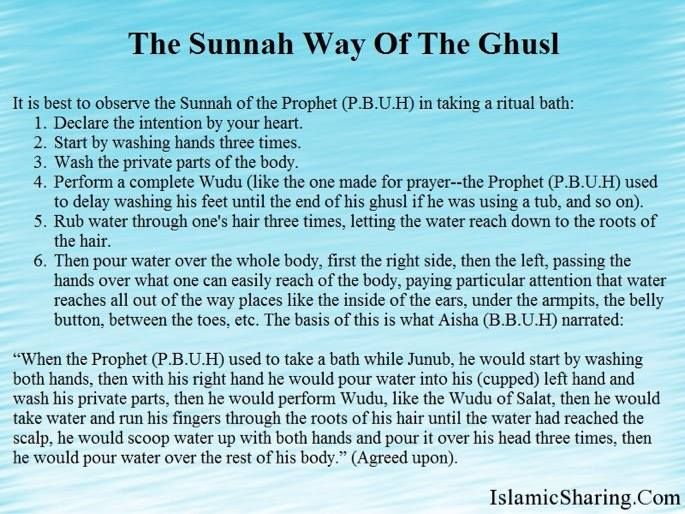

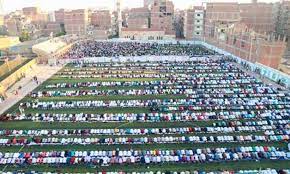


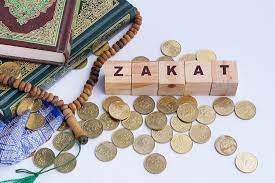
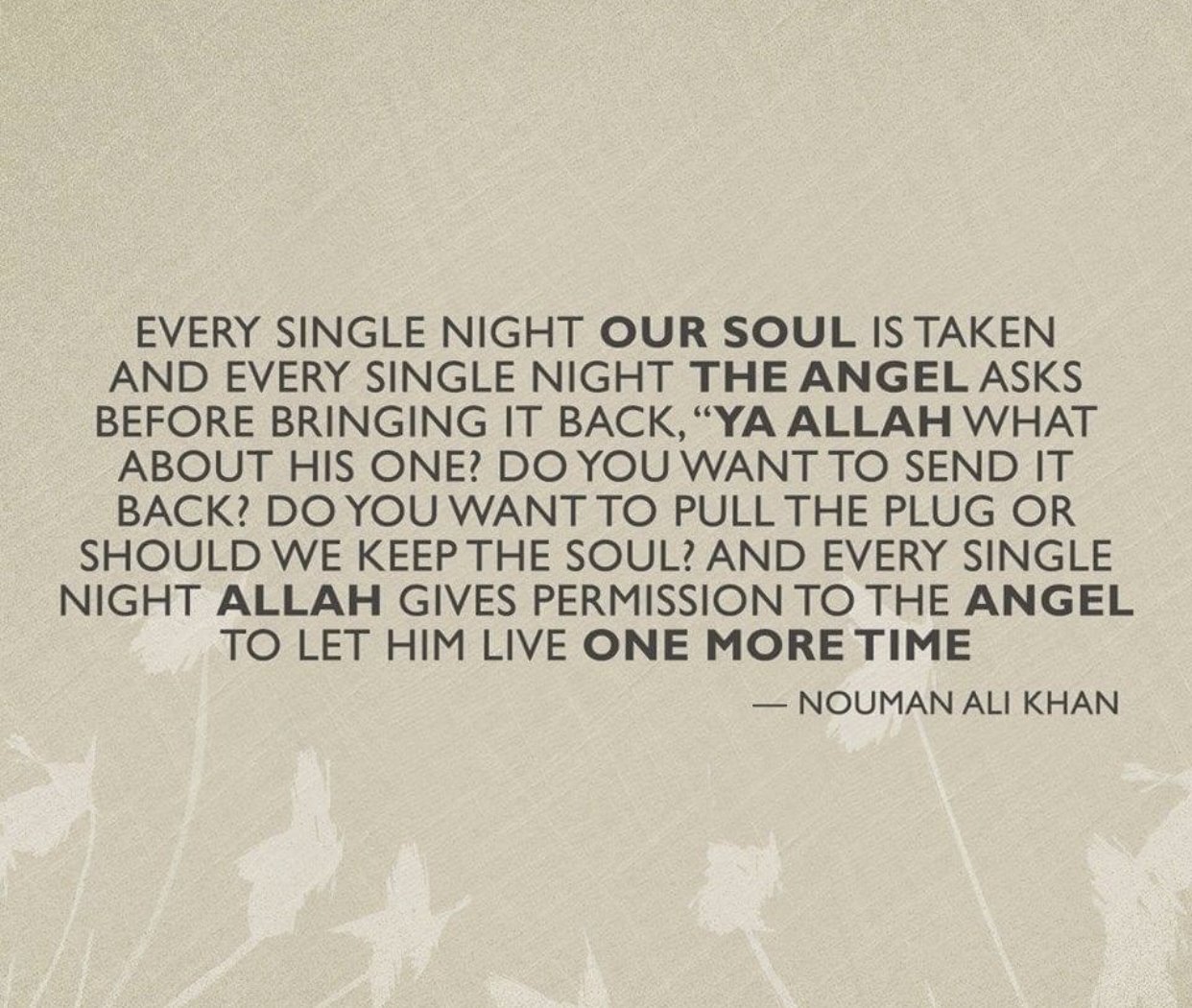


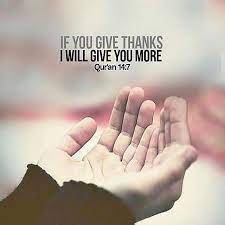



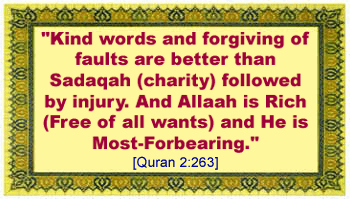
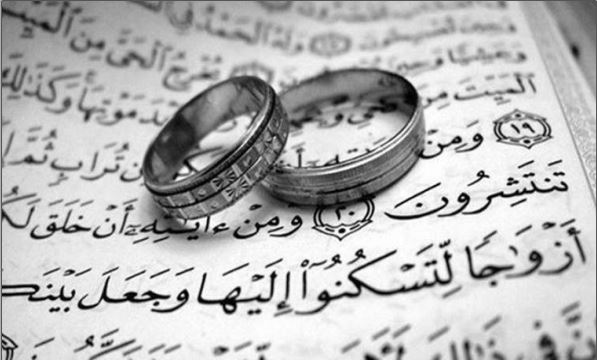







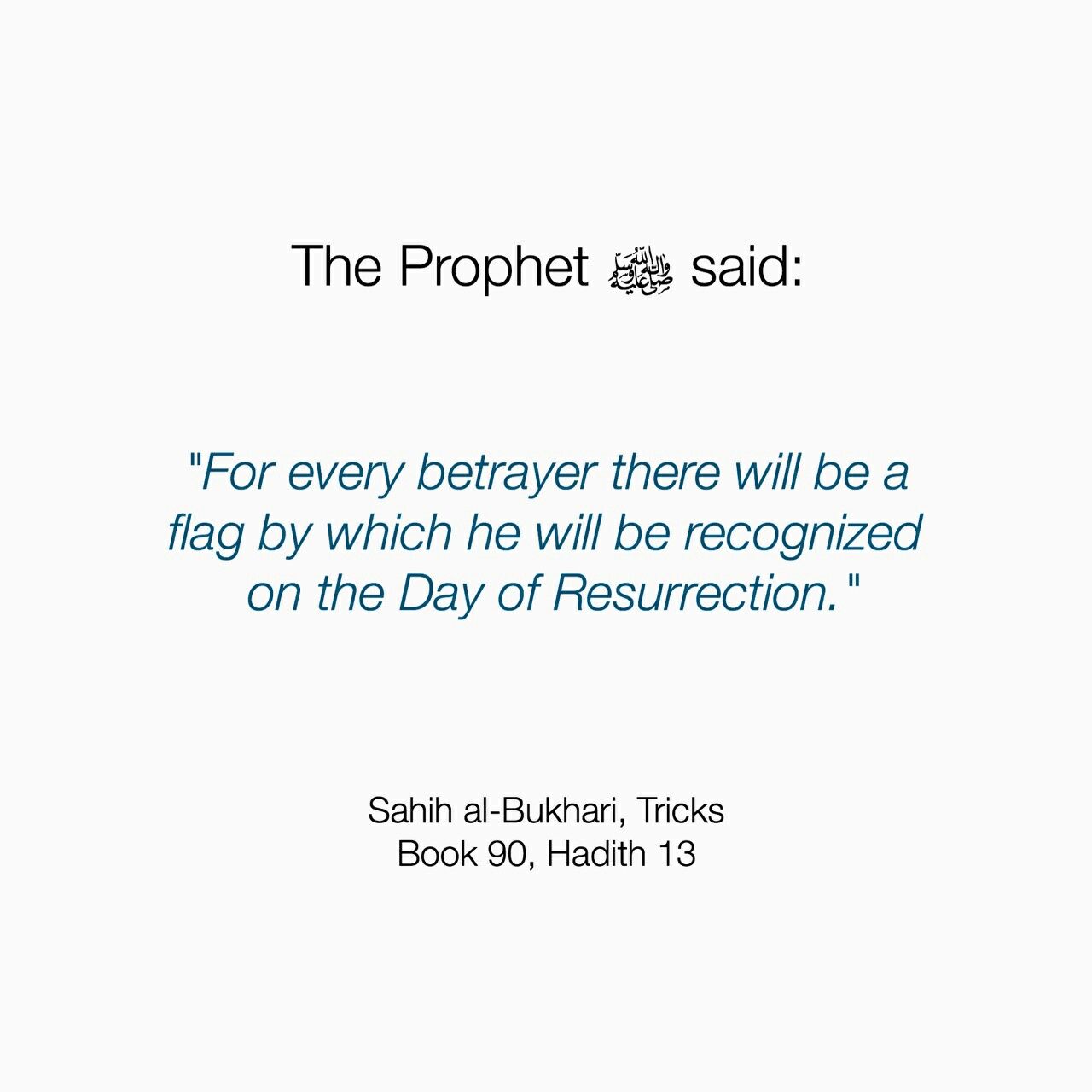




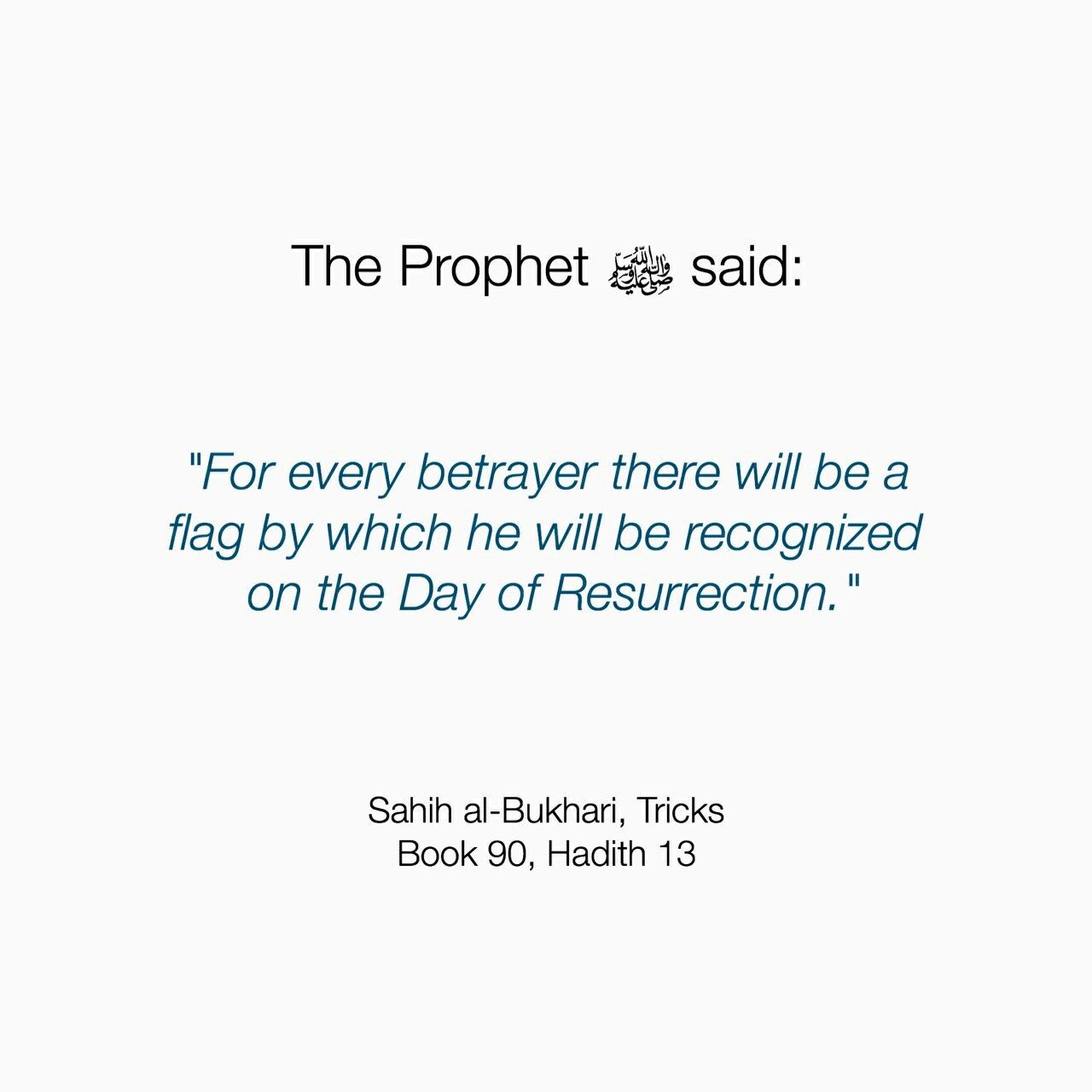


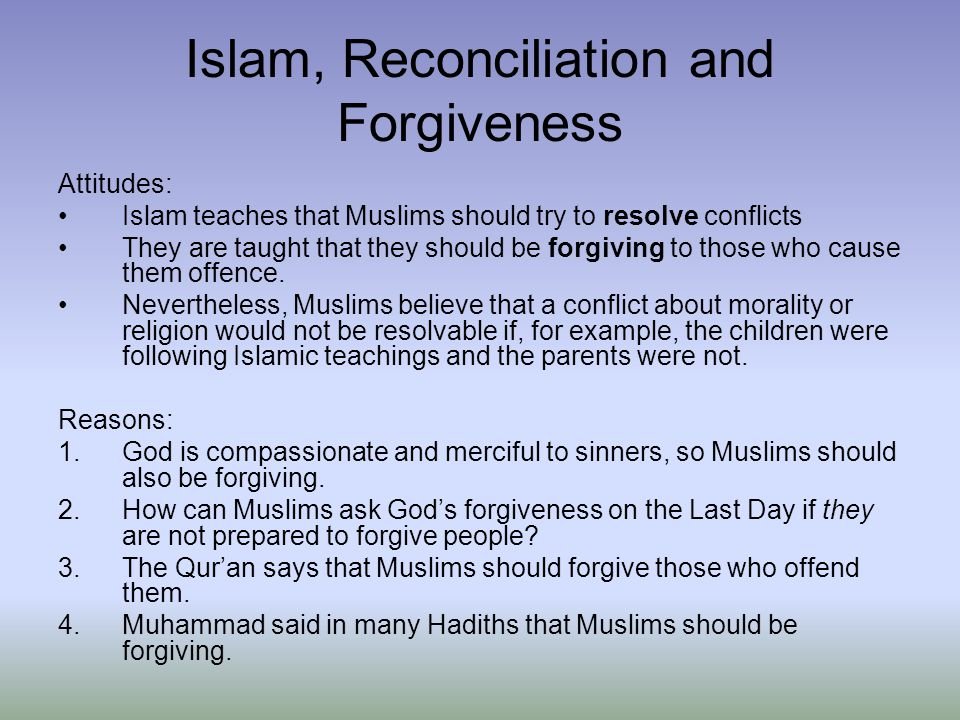

Howdy! Someone in my Myspace group shared this website with us so I came to take a look. I’m definitely…